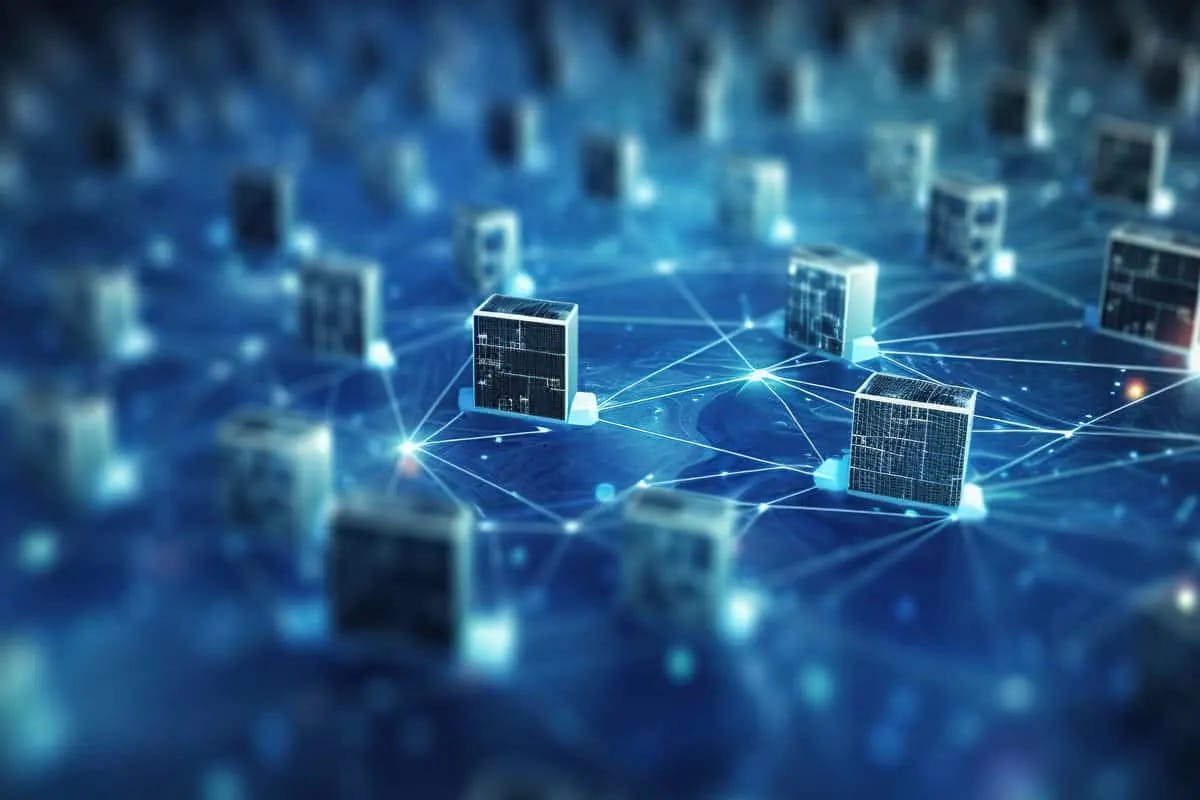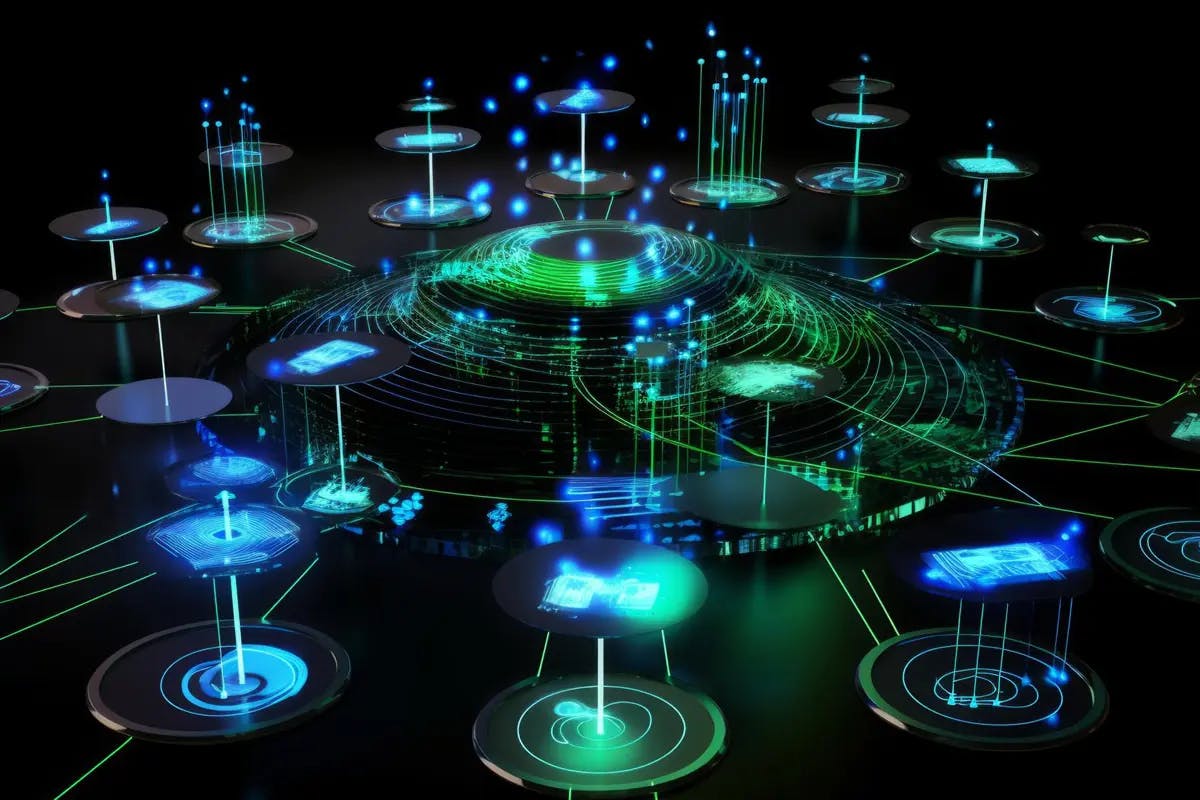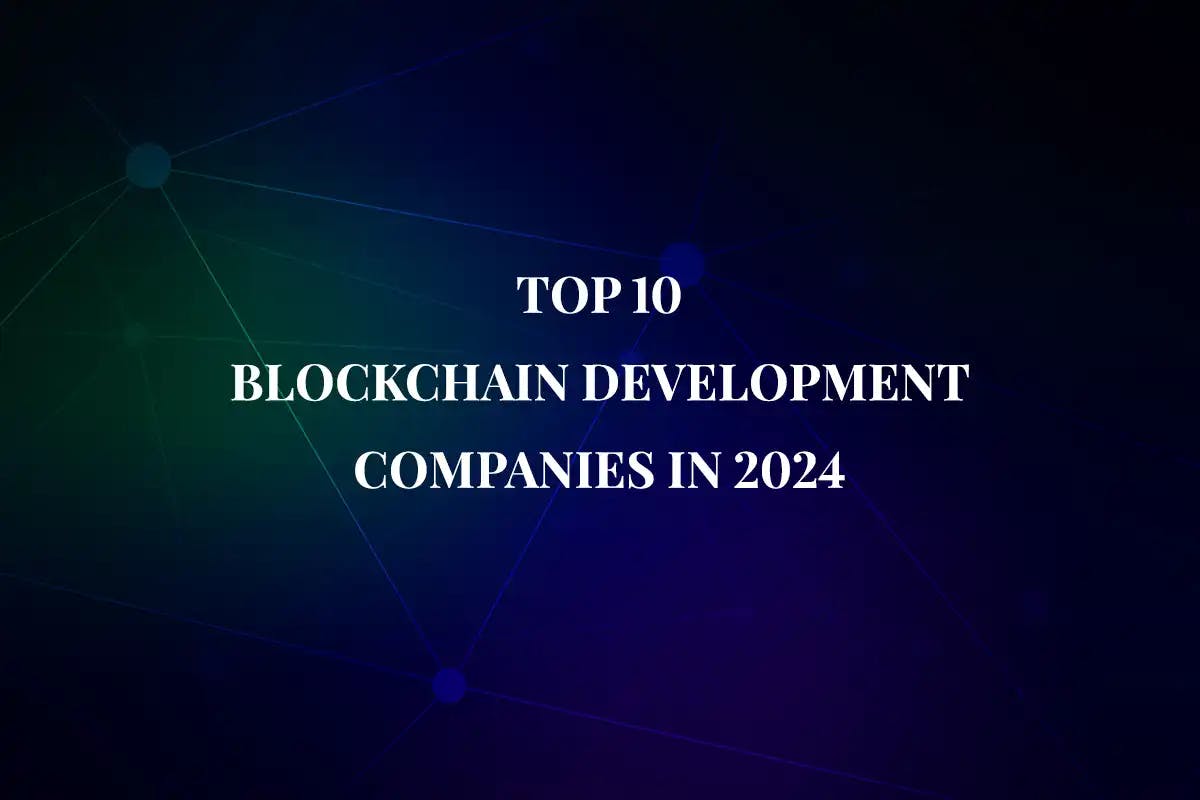


Technology has changed our world, and an innovative new development called Decentralised Physical Infrastructure Networks, or DePIN, is poised to reshape how we interact with digital and physical systems.
DePIN smoothly integrates two advanced technologies: blockchain and artificial intelligence (AI). Combining these powerful technologies, DePIN aims to enhance access to critical systems and resources, fostering transparency and equality for all. This innovative approach can transform numerous industries and profoundly influence our daily lives, altering how we engage with digital and physical entities. According to Messari’s “The DePIN Sector Map” report, more than 650 projects were building these DePIN solutions last year.
Let us now find out nine key areas where DePIN could have a profound impact. Exploring these examples will shed light on how DePIN might change various facets of society, introducing greater fairness and equity.
The integration of DePIN technology can completely transform the healthcare sector. This system enables the creation of decentralised electronic health records, ensuring authorised healthcare providers have immediate access to patient data while maintaining the utmost security and privacy of sensitive information.
Furthermore, DePIN-powered personalised medicine becomes more accessible as artificial intelligence can analyse vast datasets to tailor treatments to individual patients' unique needs and characteristics. This personalised approach to healthcare promises to change the way medical professionals diagnose, treat, and manage various health conditions, leading to improved patient outcomes and enhanced overall well-being. For example: platforms like MedRec, HealthChain, or Patientory have made a big impact in the healthcare sector with the help of DePIN.
DePIN plays a vital role in the growth and functioning of Decentralised Autonomous Organizations (DAOs). The network equips users with various essential physical and digital resources, such as distributed computing capabilities, decentralised data storage solutions, and communication networks.
These resources empower DAOs to perform intricate tasks independently. By using DePIN's infrastructure, DAOs can operate efficiently, transparently, and securely across diverse sectors, including finance, government, and entertainment. For example: platforms like Aragon, DAOstack, or Colony used DePIN for the growth of Decentralised Autonomous Organizations (DAOs).
DePIN democratises education by offering decentralised platforms that provide access to a wide array of learning materials and courses. These networks provides personalised learning experiences, adapt to the learner's pace, and facilitate access to education for individuals in remote or underserved areas, breaking down geographical and socioeconomic barriers to knowledge acquisition. This approach promotes equal opportunities for education across diverse communities. For example: platforms like Udacity, Coursera, or edX providing educational facilities using DePIN.
DePIN networks enable various types of decentralised lending systems and thus, it changes the world of Decentralised Finance (DeFi). With DePIN, people can access loans without going through traditional banks or financial institutions. The collateral is provided by contributors to the DePIN network. This process is handled automatically using smart contracts on the blockchain, without any centralized intermediaries involved. For example: platforms Aave, Compound, or Maker are changing the world of DeFi using DePIN.
DePIN is changing the energy industry by promoting decentralised power grids. With this innovative approach, households equipped with renewable energy sources like solar panels can sell their surplus electricity directly back to the utility company or their neighbors. This peer-to-peer energy trading system enhances efficiency by minimising transmission losses and promoting the widespread adoption of green energy solutions. Decentralising the power grid, DePIN brings sustainable and eco-friendly energy future as depicted by the platforms like Power Ledger, Elecbay, or Grid+.
In regions where conventional telecommunication systems are scarce, DePIN offers a unique approach to establishing communication channels. This innovative solution empowers individuals to connect directly, without relying on centralised service providers.
Enabling peer-to-peer connections, DePIN explores a world of possibilities for those residing in remote areas with limited access to traditional infrastructure. With this decentralised technology, residents can effortlessly make voice calls, exchange messages, and access a wide range of communication services, fostering a sense of connectivity and self-sufficiency within their communities. For example: platforms like Althea, Althea-mesh, or SAN are completely transforming the world of telecommunication with the help of DePIN.
DePIN gives you the power to control your personal information. You decide who can access your medical records. The records are securely stored on DePIN platforms, not centralized databases. This ensures data privacy and sovereignty. You can also share your health data for research or targeted ads and get fairly paid for it. Everything is transparent with DePIN, so you know exactly what you're consenting to. For example: identity management platforms like Sovrin, uPort, or Civic can help to manage personal data using DePIN.
DePIN technology is playing a crucial role in the development of smart cities by decentralizing the management of important systems like power supply, water supply, waste management, and transportation. With DePIN, these systems can be monitored and controlled using a network of decentralised sensors. This decentralised approach makes smart city systems more resilient, responsive, and sustainable with the help of platforms: like UrbanChain, Prosume, or Engenius.
DePIN creates clear, decentralised networks for supply chains. Logistics companies can track deliveries live and manage operations efficiently. Smart contracts ensure secure transactions with reduced fraud risk. All stakeholders get fairly compensated through these transparent and automated agreements. For example: platforms like VeChain, TradeLens, or Ambrosus can help you manage the supply chain using DePIN.
DePIN is a disruptive technology that has the power to change many industries. It gives everyone access to important systems and information. This makes things fair and transparent for everyone. DePIN helps resources like money, data, and services get shared in a better way. It is creating a future where technology truly helps people and meets their needs.
Using artificial intelligence with DePIN makes it even better. AI helps DePIN make smart decisions, use resources efficiently, and provide personalised solutions for people's unique needs. DePIN combined with AI can explore countless new possibilities and open up exciting new opportunities for innovation and progress.
Technology plays an integral role in reshaping society. Decentralised Physical Infrastructure Networks (DePIN) represents a significant advancement in this evolution. These networks empower users, provide better utilities, and enhance data control.
DePIN facilitates peer-to-peer energy trading, eliminating reliance on centralised grids. This democratizes access and fosters sustainability. Additionally, DePIN enables individuals to manage their data sovereignly. Users gain control over their digital footprint, safeguarding privacy. The inherent token systems and incentive structures drive innovation within DePIN ecosystems. In essence, DePIN ushers in a transformative era of decentralization, resilience, and inclusivity.
Codiste, being a Top Blockchain development company in USA, has shown a great understanding of DePIN and decentralised physical infrastructure networks. Blockchain developers at Codiste have deep knowledge and skills in working with blockchain, AI, and decentralized systems. This makes Codiste a leader in creating Dapp and Defi using DePIN solutions for a wide range of industries.




Every great partnership begins with a conversation. Whether you’re exploring possibilities or ready to scale, our team of specialists will help you navigate the journey.